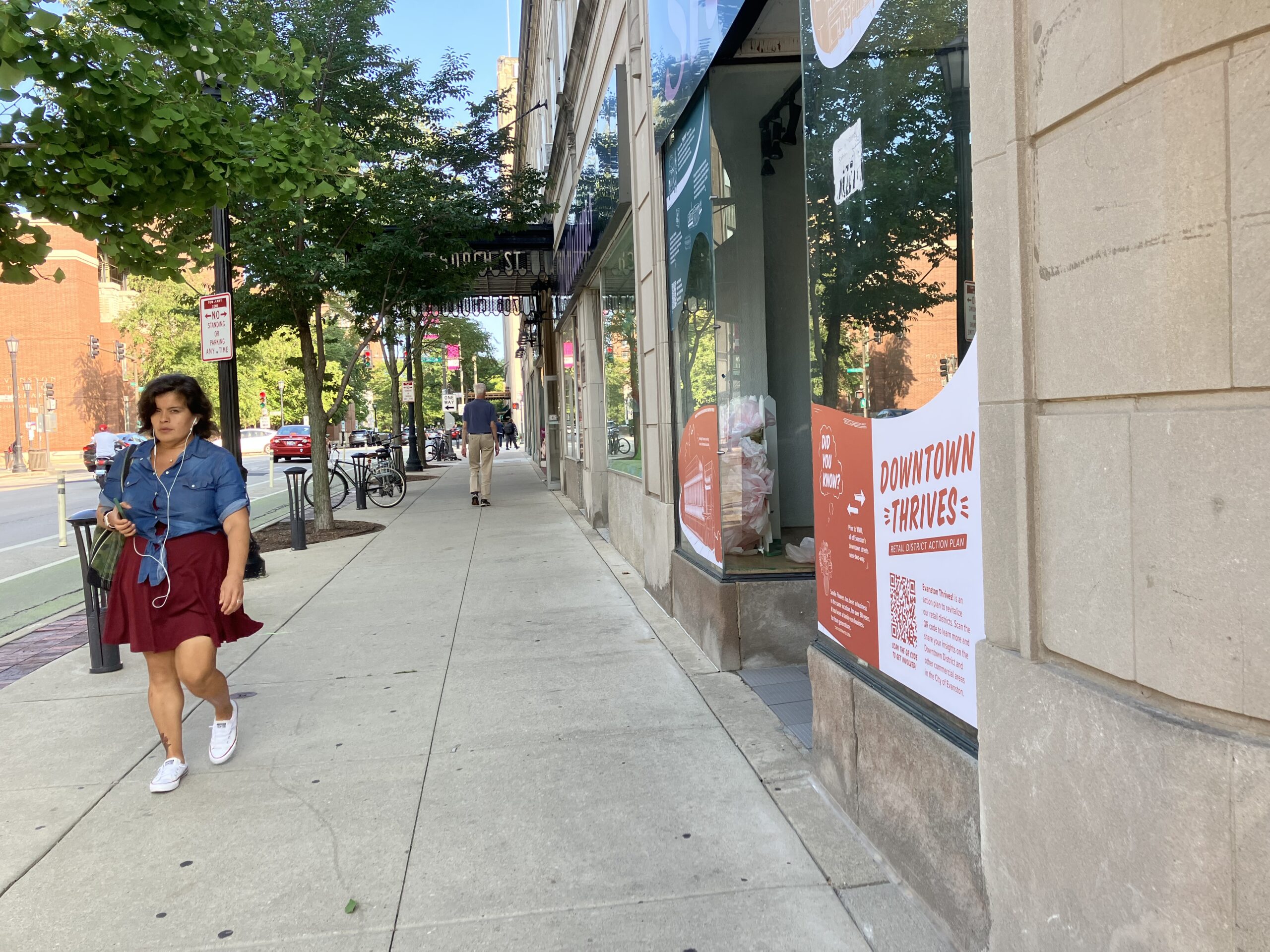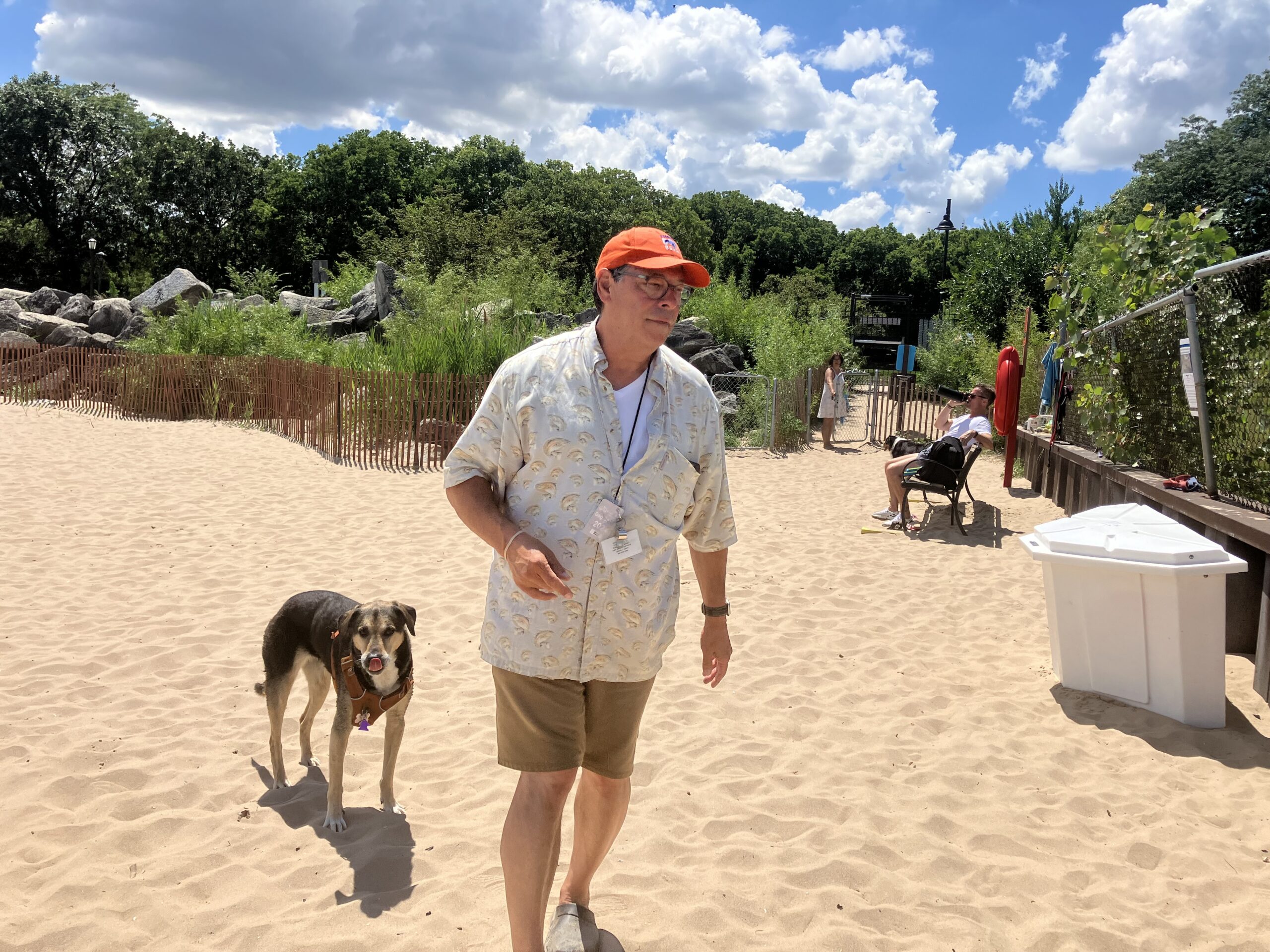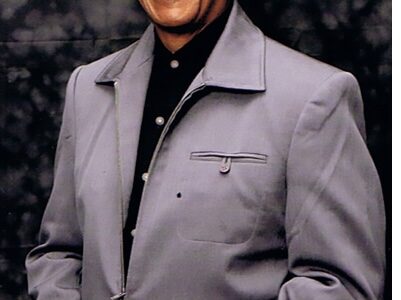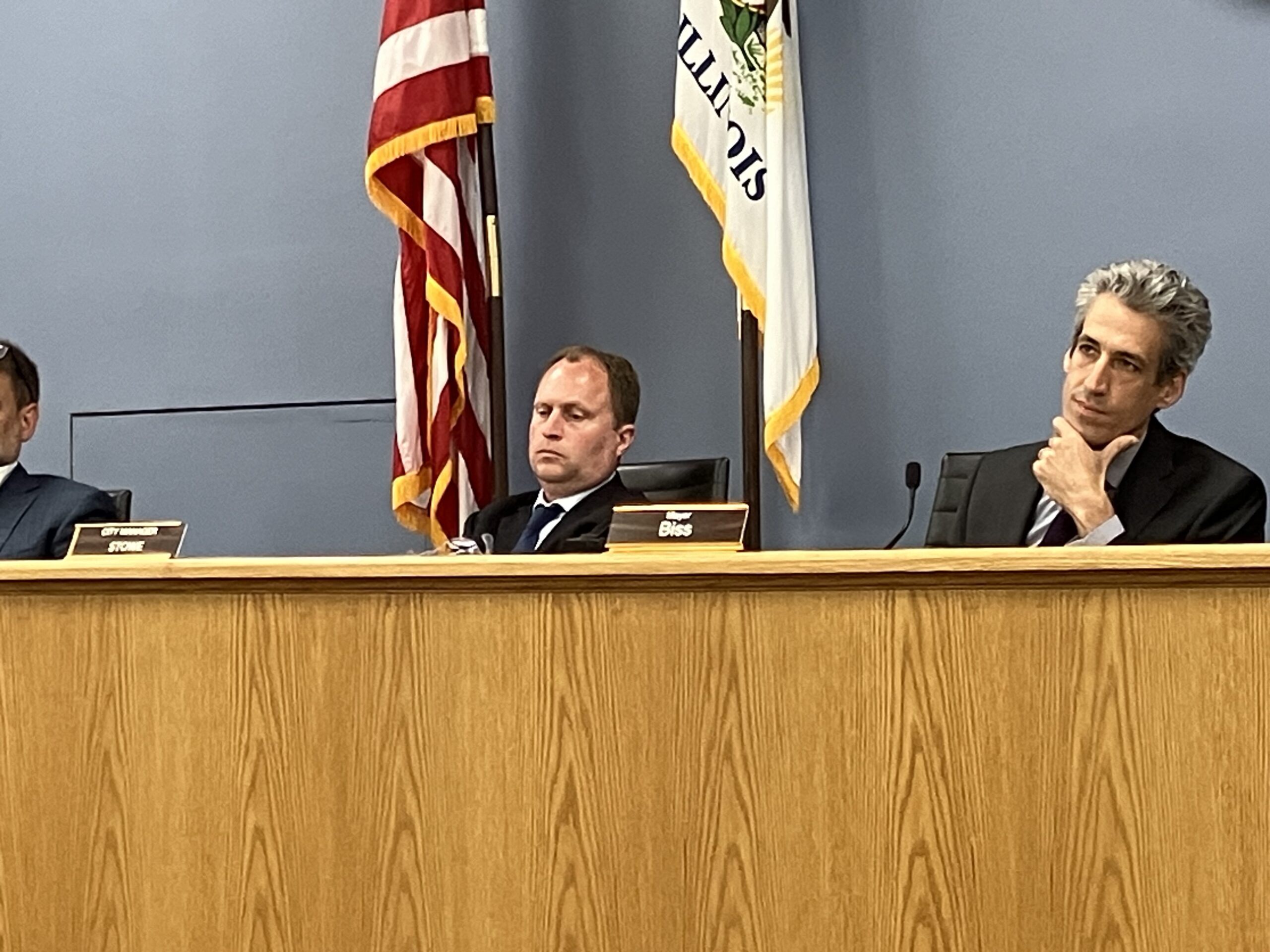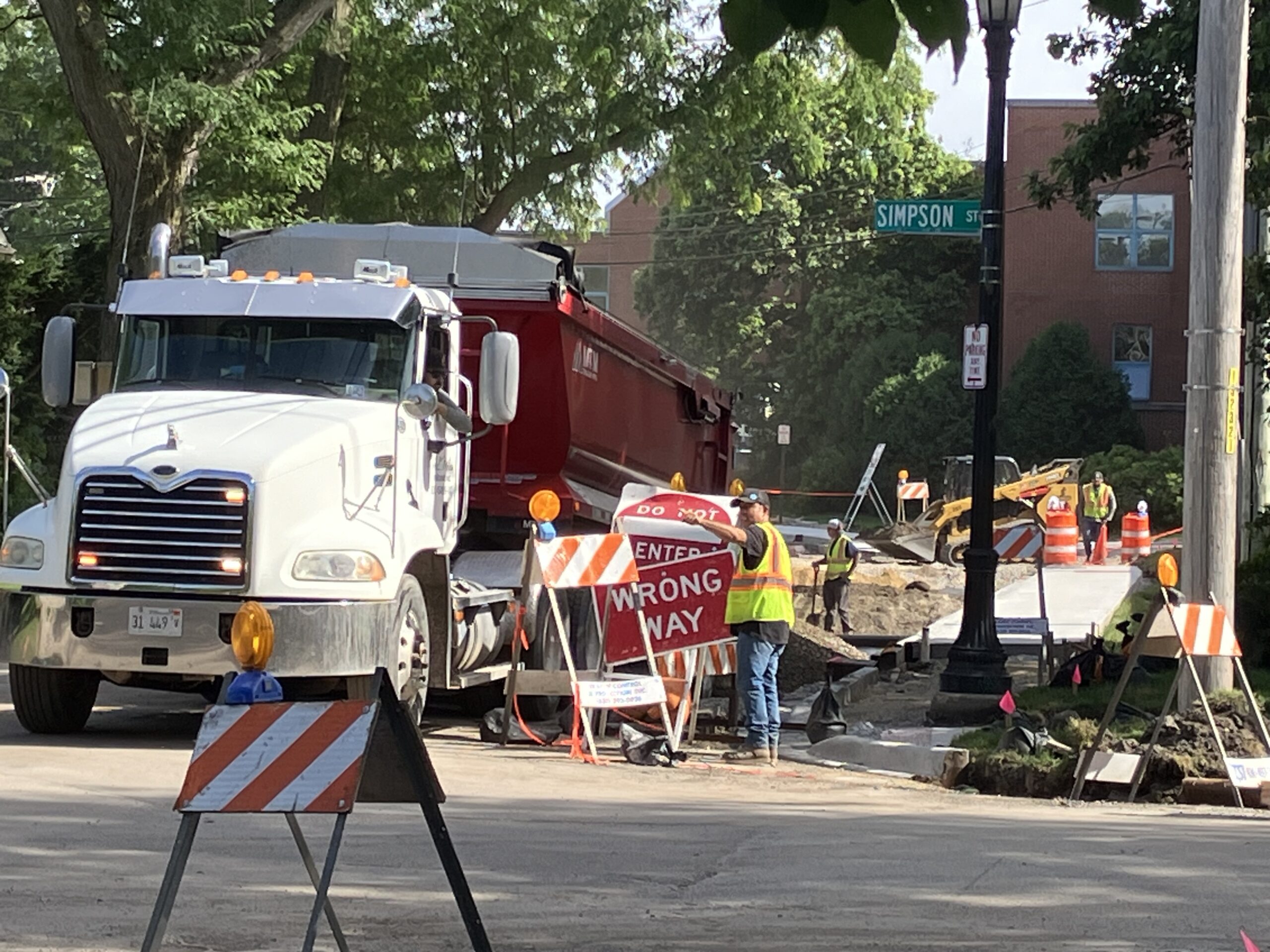By Bob Seidenberg
Evanston officials have released a draft of consultants’ findings in a much-anticipated report, Evanston Thrives, that lays out an action plan for improving the city’s retail districts.
The Thursday release of the report, though, only signals the start of the big job facing local economic development officials: to develop a work plan for the report – whose executive summary alone runs to nearly 20 pages.
The Evanston City Council approved a $245,000 contract with Philadelphia-based Interface Studio last May to develop a framework to enhance the quality and mix of retail, food and entertainment offerings throughout the city’s eight retail districts.
In contracting with the firm, officials were hopeful Interface’s work would provide the city with a framework of a plan to reinvigorate the districts as they emerged from COVID-19.
Interface’s research, initiated in July, incorporated extensive market analysis as well as surveys completed by 2,100 community members, including over 220 business owners, said Interface’s Sarah Kellerman, briefing the Economic Development Committee on the report’s findings at the committee’s March 22 meeting.
‘Big picture storytelling’
The firm’s mission “ranged from market strategy, attraction strategies and to placemaking and urban design strategies,” Kellerman said.
“What we learned when we dug into the process … [with] stakeholders … is that attraction strategy isn’t enough for Evanston,” she said.
“Evanston needs to think bigger about communication, about internal processes, and thinking about really big picture storytelling, and marketing Evanston as a place and as a whole, because Evanston is a very desirable place to locate and run a business,” she said.
“You’ve got a ton of great attributes, scale, connectivity, density, variety,” she told the committee. “And with a more strategic and comprehensive approach you’ll actually be able to get the most out of those great attributes that set you apart from the North Shore communities.”
To that degree, the study reported:
“The City’s staff and partners want clear direction from leadership and commitment of resources to implement changes.
“Businesses want better communication, more support and collaboration, and a City that plays a role in business development and entrepreneurship.
“Brokers and developers want a competitive retail environment and compelling incentives to choose Evanston.
“Merchant organizations want a higher quality physical environment for their customers and relief from real and perceived safety concerns and vacancies detracting from the experience of their Districts.
“Everyone wants more to do and see in Evanston.”
City and Northwestern together
The document also pinpointed a number of critical factors for success, including recommending the city forge a strong relationship with Northwestern.
“The University is an economic engine for the city of Evanston; and a strong, healthy, vibrant city is in the interest of the university,” the report says. “The City needs Northwestern University as a partner and champion for Evanston. In return, the city should see the growth and success of the University as a mutual benefit for Evanston.”
In that direction, the report suggests the city partner with the university to produce one event or programming series each year.
“By unlocking the ability for the City, SSA [Special Service Area] Managers, local organizations, and local businesses to host high-quality events,” the consultants suggested, “Evanston can draw audiences within a short time frame to its retail districts, improve local and regional perceptions of the City, and appeal to diverse communities who may not feel Evanston’s retail districts currently have much to offer them.”
The report also calls for the city to engage the university in increasing student awareness of the downtown area and the use of downtown spaces for events and activities.
Farmers market in Fountain Square?
Beyond the university, the report called for the city to:
“Coordinate programming among districts to activate Evanston all year long.
“Double down on Fountain Square and the Lakefront at Church Street as premier event locations.
“Prepare for and pilot Evanston Farmers Market [now at University Place and Oak Avenue] in Fountain Square.”
The report raised concern about the need for a group to spearhead the changes.
In recent years, SSA districts have played lead roles in the downtown area, Central Street and the Main-Dempster Mile, with the chamber of commerce in a less-visible role than previously.
The SSAs are established by ordinance, funded by a localized property tax levy, and work in partnership with commercial property landlords, business owners and organizations in their areas to market and maintain those districts.
The city’s lean economic development staff, led by Paul Zalmezak, the city’s economic development manager, have tended to the needs of the non-SSA districts, amid many other duties.
“One of the most valuable assets of the Evanston community is the sheer number of organizations, residents and businesses that are actively working to market, program and celebrate each of the districts,” the consultants’ report found. “Significant efforts are underway to coordinate events and communication across the community. …
“While coordination between the SSAs and the City is underway to market events and business promotions, residents and visitors expressed frustration around the lack of a one-stop-shop for all happenings throughout the community.”
The consultants advocated that the city adopt “a unified identity and narrative” for Evanston’s business districts and launch a one-stop-shop for events.
City officials are seeking any feedback, edits or additions that community members and others might have to the draft report, posted here on the city website on March 23.
The comments and suggestions will be reviewed by the city’s project team before the final plan is released, officials said.
